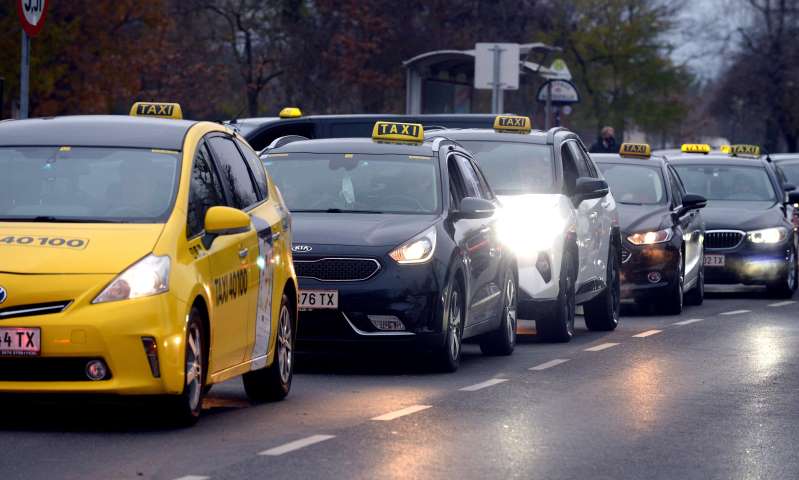In Austria, Uber has been using taximeters since the beginning of the year, and normal operations have been suspended for the time being. At the same time, the crisis year 2020 is leaving its mark.

The US company Uber is currently experiencing difficult times. Due to the new Occasional Traffic Act, which came into force in the new year, the online travel agent in this country has lost its unique selling points for the time being. Because rental car services and taxi companies are now officially combined into one trade.
This also means that from now on all drivers must have a taxi license – but only around 20 percent pass the taxi driver test required for this the first time. Uber therefore has significantly fewer drivers available than before. The price advantage offered by providers such as Uber or competitor Bolt has also disappeared: Since January 1st, you have to drive according to the taxi tariff, i.e. with a taximeter.
This eliminates another unique selling point: the Uber app can no longer calculate the price in advance as usual, but only shows an estimate. But precautions have been taken: for a few months now, taxis can also be called directly via the Uber app. This service will continue to be offered while normal operations have been put on hold for the time being due to legal restrictions.
Uber should not get going again until spring. Then an amendment will come into force that intervenes in the occasional traffic law that the competition authority calls “anti-innovation”. From March 1st, the state governments should be allowed to call out flexible tariffs for pre-booked driving – within fixed upper and lower limits. “From March there will be again the usual Uber with advance pricing,” the company says.
No robo-cars
But Uber is not only doing badly in this country. Corona, the trend towards home office, exit restrictions – all of this has left its mark: In the second quarter of 2020, global profits fell by almost 40 percent compared to 2019, and in the third quarter the difference was 20 percent. The number of active users of the Uber app also fell by around half in 2020.
In the course of these developments, the company, based in San Francisco, was forced to sell two divisions: those for the development of self-driving cars and those for the development of air taxis.
The projects that once made a big contribution to Uber's charisma were driven primarily by company founder Travis Kalanick. In the future, they will be in the hands of two hopeful Californian startups: While the air taxi division goes to Joby Aviation, Aurora will take over the expensive development of the self-driving cars, which will also receive access to the Uber app and $ 400 million in investments. Both want to continue working with Uber as strategic partners.

